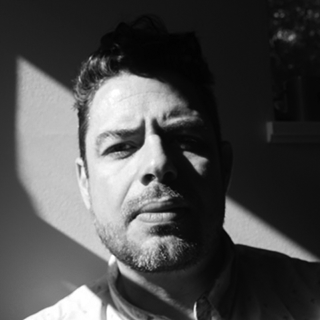Workshop
The pale sound of jilgueros trilling in the jungle. Abuelo rocks in his chair and maps the birds in his head, practiced in the geometry of sound. My uncle stokes the cabin’s ironblack stove with a short rod. The flames that come are his loves. I cook—chile panameño, coconut milk— a recipe I’d wanted to try. Abuelo eats, suppresses the color that builds in his cheek. To him the chile is a flash of snake in the mud. He asks for plain rice, beans. Tío hugs his father, kneels in front of the fire, whispers away the dying of his little flames. We soak rice until the water clouds. On the television, a fiesta… The person I am showing the poem to stops reading. He questions the TV, circles it with a felt pen. “This feels so out of place in a jungle to me. Can you explain to the reader why it’s there?” For a moment, I can’t believe. You don’t think we have 1930s technology? The poem was trying to talk about stereotype, gentleness instead of violence for once. But now I should fill the little room of my sonnet explaining how we own a TV? A shame, because I had a great last line— there was a parade in it, and a dancing horse like you wouldn’t believe.
Copyright © 2018 by Jacob Shores-Argüello. Originally published in Poem-a-Day on September 13, 2018, by the Academy of American Poets.
“This poem isn’t necessarily referring to a specific event but instead to a general anxiety that I have felt in workshops over the years. Both inherited, poetic forms, like the sonnet, and workshops often depend heavily on commonly held expectations. In her famous TED Talk, “The Danger of a Single Story,” Chimamanda Ngozi Adichie warns against representing cultures or people with the single brush stroke of a received story. This poem is trying to show how our poetic forms and our teaching practices can often ask for just that, and worse, how in these contexts, reductionism can be confused for beauty.”
—Jacob Shores-Argüello

